Singapore core inflation rises to 2.7% in August; package travel tours likely to blame
SINGAPORE (The Straits Times/ANN): Core expenses of households here picked up in August as inflation in services rose, but overall inflation was still the lowest in more than two years.
This has led some analysts to believe officials will hold steady on Singapore’s monetary policy in the upcoming October meeting and move to loosen it only in 2025.
Core inflation, which strips out private transport and accommodation costs to better reflect the expenses of households here, rose to 2.7 per cent year on year in August.
It was the first increase in core inflation since February, and comes after the indicator dropped to 2.5 per cent in July, the lowest level in more than two years.
Of all spending categories, services saw the biggest rise in inflation, to 3.3 per cent in August, from 2.9 per cent in July. This came as holiday expenses picked up more strongly, while airfares recorded smaller declines.
Maybank economist Brian Lee attributed most of the rise in holiday expenses inflation in August to package tours.
“Strong travel appetite from Singaporeans may have contributed to this uptick, possibly with bookings ahead of the September and December school holidays,” he said.
Year on year, overall or headline inflation dropped to 2.2 per cent in August from 2.4 per cent in July, driven by a fall in private transport prices. This was the lowest reading since April 2021.
However, the momentum in prices remains, as on a month-on-month basis, core inflation rose 0.3 per cent, while overall inflation climbed 0.7 per cent.
Despite services inflation experiencing some volatility, due mainly to overseas travel costs, it remains on a moderating trend and should ease further over the rest of 2024, the Monetary Authority of Singapore (MAS) and the Ministry of Trade and Industry (MTI) noted in their inflation report on Sept 23.
They added that the Singapore dollar’s gradually strengthening trade-weighted exchange rate should continue to temper imported inflation.
MAS and MTI kept unchanged their inflation forecasts for the year.
For the whole of 2024, core inflation is expected to average 2.5 per cent to 3.5 per cent, while overall inflation should range between 2 per cent and 3 per cent.
Maybank’s Mr Lee said core inflation in August is in line with his expectation that the last leg of Singapore’s disinflation, or the reduction in the rate of inflation, will be tougher.
He noted that this is because the labour market remains tight and businesses are still passing on earlier increases in labour, tax and administrative costs to consumers.
Maybank estimates core inflation to come in at or slightly below 2.5 per cent by December, and that there will be no change to MAS’ monetary policy stance in October.
Said Mr Lee: “We expect MAS to undertake a slight easing of the S$Neer (Singapore dollar nominal effective exchange rate) slope in January 2025, when both core and headline inflation should be comfortably below 2 per cent.”
Agreeing, OCBC chief economist Selena Ling said: “At this juncture, MAS is likely to keep monetary policy settings static again at the October monetary policy meeting, but the window for a slope reduction remains open for 2025.”
OCBC’s estimates for 2024 headline and core inflation remain at 2.6 per cent and 2.9 per cent year on year, respectively, with both expected to ease to around 2 per cent year on year in 2025.
Among the other spending categories, retail and other goods saw inflation edging up to 0.4 per cent year on year in August, due to a larger climb in the price of household durables.
Food inflation for August was unchanged at 2.7 per cent as an increase in non-cooked food inflation was offset by a fall in food services inflation.
A smaller hike in electricity prices was offset by a larger rise in gas prices, which meant electricity and gas inflation was unchanged at 6.6 per cent.
Accommodation inflation in August went down slightly to 2.9 per cent as the rate of increase in housing rents slowed.
Meanwhile, private transport prices fell by 1 per cent in August, from a 0.9 per cent increase in July. This was due to a steeper decline in car prices, even though petrol prices rose at a slower pace. – The Straits Times/ANN


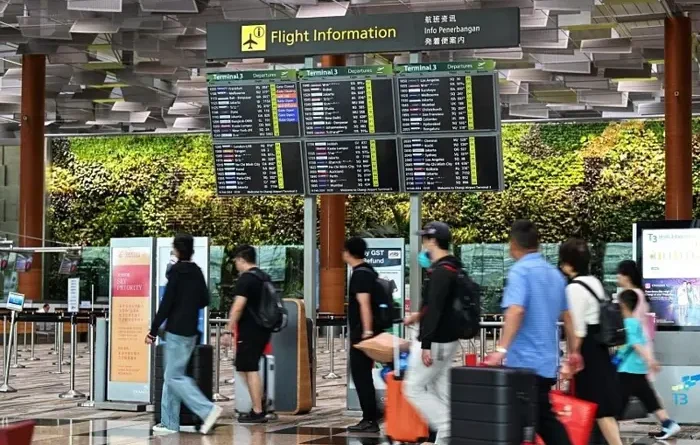

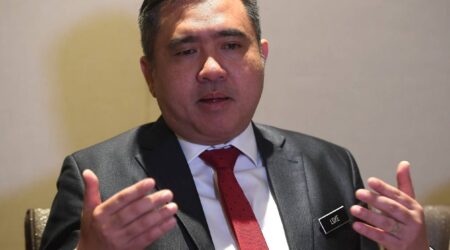
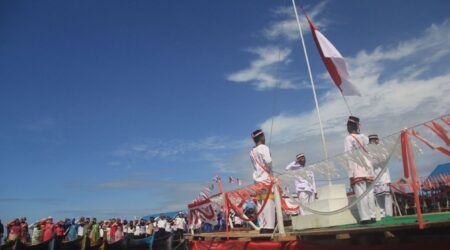




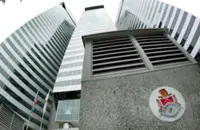
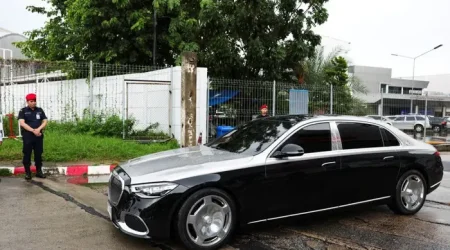

Leave a Reply